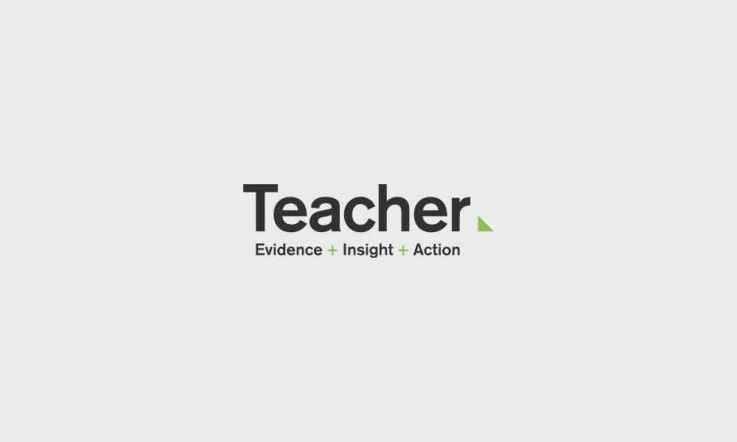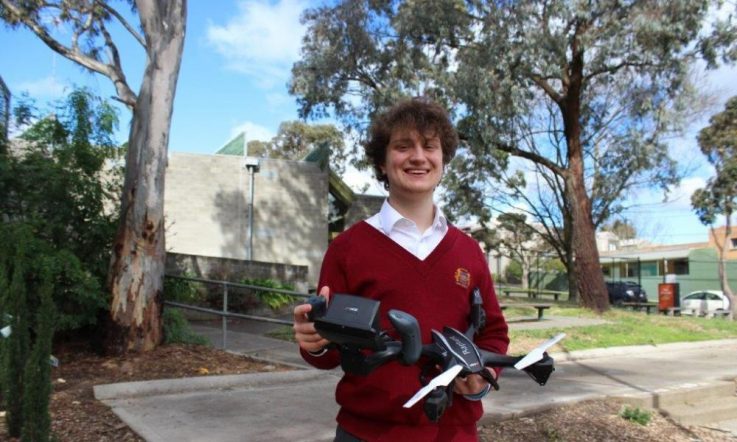The second cycle of the International Civic and Citizenship Education Study (ICCS) has recorded an increase in student support of gender equality and equal opportunities for all ethnic and racial groups.
Research Developments (rd) reports students' average civic knowledge scores have also increased since the first study in 2009. Across 18 comparable countries that participated in both cycles, the proportion of students typically demonstrating at least some specific knowledge and understanding of the most pervasive civic and citizenship institutions, systems, and concepts, increased from 61 per cent to 67 per cent.
ICCS is a large-scale comparative study investigating how youngsters in Grade 8 (or equivalent) are prepared to undertake their roles as citizens. ICCS 2016 involved 94 000 students from 3800 schools in 24 countries, including Korea, Estonia, Russia, Sweden and Colombia. Australia did not participate.
Researchers from the Australian Council for Educational Research (ACER) conducted ICCS 2016 for the International Association for the Evaluation of Educational Achievement (IEA), in cooperation with Laboratorio Pedagogia Sperimentale at the Roma Tre University and IEA Hamburg.
‘[The ICCS] report, Becoming Citizens in a Changing World, reveals that students' civic knowledge has increased in about half of the 24 countries that participated in ICCS in both 2009 and 2016,' rd reports. ‘In a number of countries, since 2009 students have become more supportive of gender equality and equal opportunities for all ethnic and racial groups in society. According to the report, students' endorsement of equal opportunities is associated with higher levels of civic knowledge.'
It adds students in 2016 also expressed more trust in civic institutions (government, parliament and the courts of justice) than the 2009 cohort but less trust in media and people in general. ‘In more established and economically stable democracies, more knowledgeable students tend to have more trust in civic institutions. Students in countries with higher perceived levels of corruption and low government efficiency generally express lower levels of trust.'
ICCS researchers say 2016 data show 11 of the participating countries were teaching civic and citizenship education as a distinct subject and 18 in total had integrated the learning area into all subjects.
The study investigates students' knowledge and understanding of civics and citizenship, but also their attitudes, perceptions and activities related to the learning area. In most of the countries, students said they participated in classroom and school elections. Around two fifths said they were involved in debates, decision-making, and student assemblies.
Researchers also collected data from school principals and teachers. When it comes to civics and citizenship education, they found the three aims principals considered to be most important were: promoting students' critical and independent thinking (64 per cent); promoting students' knowledge of citizens' rights and responsibilities (61 per cent); and, developing students' skills and competencies in conflict resolution (44 per cent). For teachers, the top three were: promoting students' independent and critical thinking (61 per cent); promoting knowledge of citizens' rights and responsibilities (57 per cent); and promoting respect for and safeguard of the environment (51 per cent).
On the impact of classroom climate, rd says the report notes students' perceptions of classroom climate ‘may play a significant role in helping students understand the advantages of democratic values and practices. ICCS 2016 found a strong association between students' increased experiences of physical or verbal abuse and low civic knowledge.'
Read the full article Civic students: International Civic and Citizenship Education Study report, published in ACER's Research Developments.
Becoming Citizens in a Changing World: IEA International Civic and Citizenship Education Study 2016 international report, by Wolfram Schulz, John Ainley, Julian Fraillon, Bruno Losito, Gabriella Agrusti and Tim Friedman, is available at http://iccs.iea.nl/home.html



